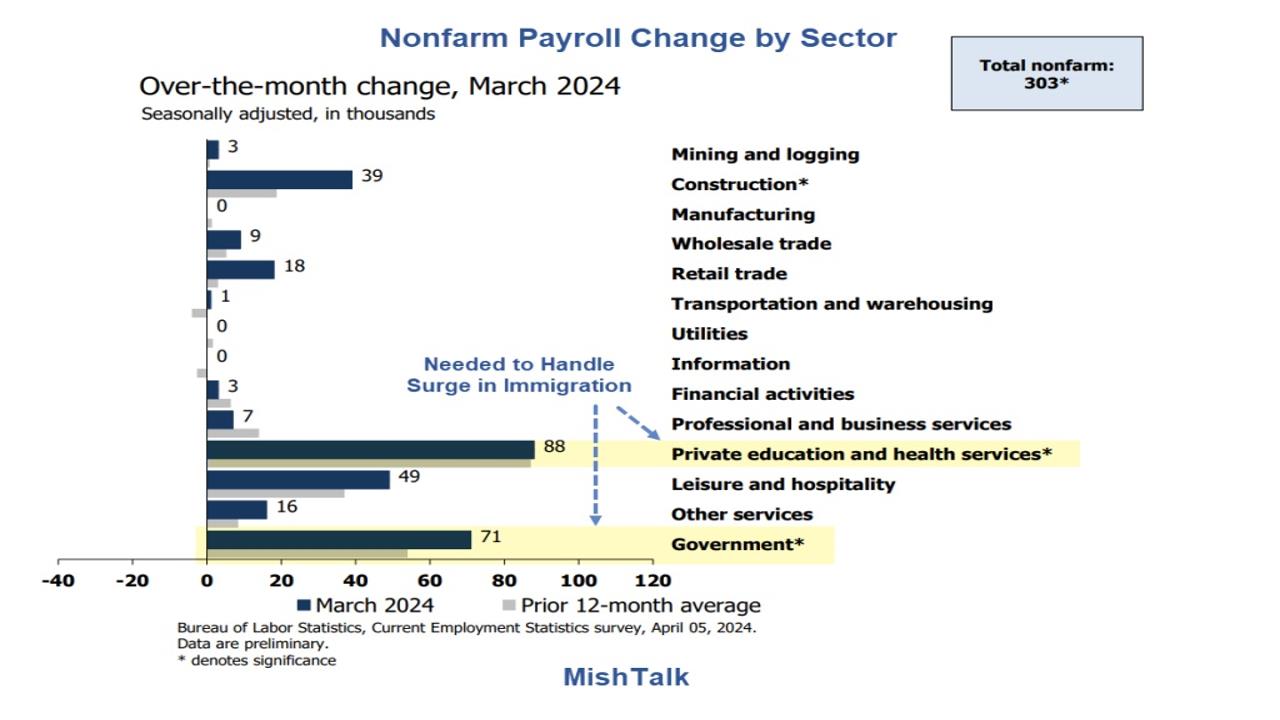Video:
Take our online poll:
AI Analysis:
The Establishment Survey (payrolls) and the Household Survey are two different methods used by the U.S. Bureau of Labor Statistics (BLS) to gather employment data, each providing a distinct perspective on the labor market.
Establishment Survey (Payrolls):
Methodology: This survey collects data from businesses and establishments, including government agencies, covering about 145,000 businesses and government agencies nationwide. Focus: It emphasizes employment, hours worked, and earnings within nonfarm establishments. Scope: It does not include agricultural employment, self-employed individuals, and private household workers. Data Usage: The establishment survey is widely regarded for providing detailed industry-specific information and is used to estimate total nonfarm payroll employment.
Household Survey (Actual Number Employed):
Methodology: This survey gathers data from a sample of around 60,000 households through interviews with individuals, asking about their employment status. Focus: It covers a broader range of employment, including nonfarm, agricultural, self-employed, and private household workers. Scope: It captures information on the labor force participation rate, unemployment rate, and the number of people employed and unemployed. Data Usage: The household survey is often used to calculate the unemployment rate and provides a more comprehensive view of the labor force, including those who are self-employed or work in nontraditional arrangements.
In summary, while the Establishment Survey (payrolls) focuses on business establishments and nonfarm payroll employment, the Household Survey captures a broader spectrum of employment, encompassing various employment arrangements and sectors. Both surveys contribute to a more comprehensive understanding of the labor market when analyzed together. However, discrepancies may arise due to differences in methodologies and sample sizes.
Chart:

References:


Comments